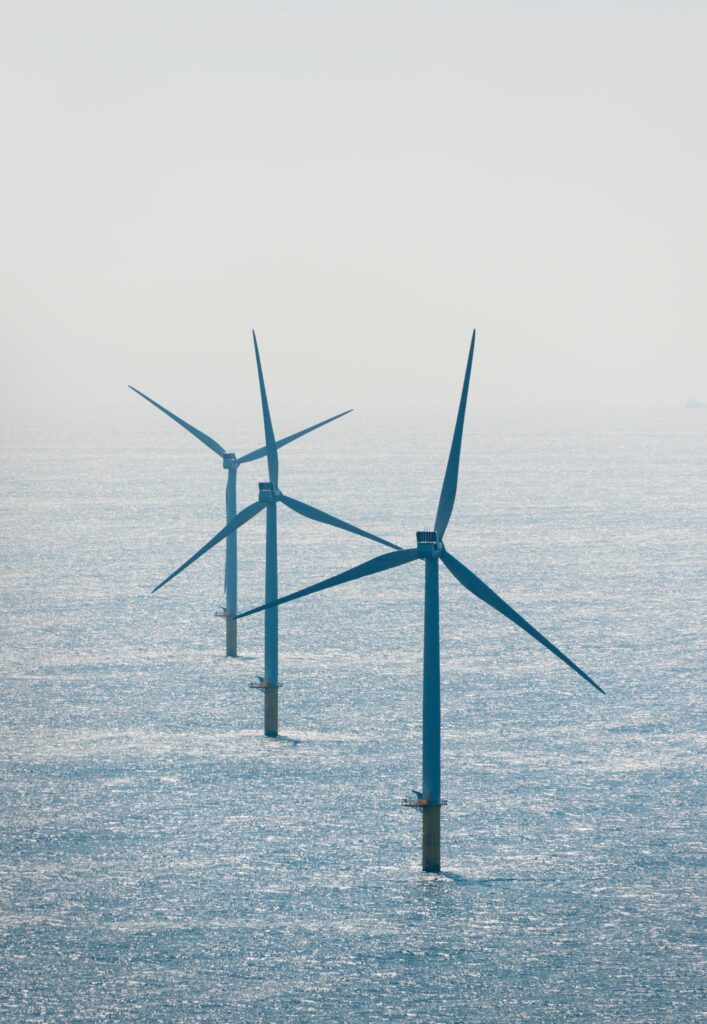Japan taps Europe for M&A opportunities in energy, tech and digital infrastructure
Summary
Japanese investors are increasingly viewing Europe as a stable, strategically aligned destination for deals in renewable energy, technology, and digital infrastructure amid rising geopolitical uncertainty and a more complex US investment landscape, according to leading M&A legal and financial advisors.
“Europe offers deep industry expertise, advanced technology, and a reliable legal system. It’s becoming more attractive as geopolitical uncertainties cloud US investment prospects,” said Nick Wall, Tokyo-based partner at A&O Shearman who advises on Japanese outbound corporate M&A.
With the US investment climate becoming increasingly complex and less predictable, Japanese companies are reassessing their overseas strategies. “In an environment where geopolitical risks and other factors are rising, we recognise that a stable business environment in Europe, including Norway, poses a valuable opportunity for Japan,” said a spokesperson for INPEX Corp, Japan’s largest oil & gas exploration and production company.
This trend, however, does not seem to be a shift away from the US, but is more of a diversification strategy where companies that have historically pursued US-exclusive deals are thinking bigger, according to a Tokyo-based lawyer.
Japan’s outbound M&A into Europe is gaining momentum in 1H25, driven by major investments in the energy sector—particularly oil and gas—followed by healthcare and technology. As of 20 June, Japanese companies have announced 55 deals with European targets so far this year, totalling EUR 4.5bn in deal volume, rising 24% year-on-year from the same period in 2024, as per Mergermarket data.
Sector highlights
Oil and gas, the top sector by deal volume, recorded USD 2.15bn in announced transactions across four deals, including Mitsui O.S.K. Lines’ announced acquisition of LBC Tank Terminals, an independent liquid bulk storage company in Europe, for USD 1.715bn – the largest Japanese outbound deal to Europe YTD.
INPEX Corp positions Europe as a core business area and is pursuing development opportunities in Europe, particularly in Norway, in addition to maintaining the safe and stable operations of the firm’s existing projects, according to the company’s spokesperson. “We are also considering investing in carbon capture & storage/carbon capture, utilisation & storage (CCS/CCUS) projects — especially in Norway and the UK, where we have business assets and interests,” he added.
INPEX also sees strong growth potential and strategic synergies in offshore wind power (particularly floating), power-from-shore solutions, and CCS/CCUS in Europe. “For an E&P company like INPEX, the decarbonisation of existing assets often coincides with European policy backing, and the strategic implications are strong,” said the spokesperson.
Following energy, healthcare and tech sectors have also posted the strongest year-on-year growth since 2020 for Japanese outbound M&A into Europe, according to Mergermarket data. As of 20 June, healthcare and tech recorded USD 1.51bn and USD 337m in announced deal volume, ranking second and third, respectively, across six and eight transactions, including Otsuka Holdings’ announced acquisition of Swiss biotechnology Araris Biotech for USD 1.14bn through its subsidiary Taiho Pharmaceutical.
A healthcare-focused advisor noted that European valuations remain attractive while offering scale. With increasing geopolitical uncertainties surrounding the US, Japanese buyers are expanding their focus geographically.
On the tech front, Japan and Europe are collaborating extensively on AI, with a particular focus on joint research and development, innovation, and digital transformation across various sectors, said Yutaka Kimura, Tokyo-based M&A partner at Baker McKenzie.
This collaboration aims to leverage the strengths of both regions — particularly in manufacturing, digital industries, and quantum technologies — and is expected to continue driving M&A activity in emerging tech, said Kimura.
“It’s no surprise that data centers are the hot asset class. AI and large language models require massive processing power. Partnerships between Japanese tech firms and infrastructure funds are keeping us very busy,” Kimura said.
Ryoichi Kaneko, Head of the Brussels office at Anderson Mori & Tomotsune (AMT), highlighted strong Japanese demand for AI, deep tech, digital infrastructure, and clean energy, areas where the Nordics are seen as global leaders. “Deal sizes are getting slightly smaller, while broader sectors — including tech-driven or data-driven businesses and renewable energies — are attracting attention from Japanese companies,” Kaneko said.
FDI scrutiny
The Netherlands has overtaken the UK as the top destination for Japanese investment for the second consecutive year, drawing USD 1.72bn in announced deal volume across three deals as of 20 June, according to Mergermarket. Switzerland and Germany follow, with USD 1.14bn and USD 717m in announced deal volume through two and 10 deals, respectively.
Despite growing interest, Japanese companies are encountering increasing challenges in securing foreign direct investment (FDI) clearance in Europe, not because of their nationality, but due to stricter and more fragmented local screening regimes, M&A lawyers noted.
“FDI scrutiny is one of the biggest legal challenges now. Unlike antitrust, which is centralized in Brussels, FDI is fragmented and politically sensitive at the member state level,” said A&O Shearman’s Wall.
Still, many European governments’ push for pro-growth policies and the need for private capital amid strained public budgets are creating opportunities. “As long as the asset isn’t strategically sensitive, Japanese buyers are generally welcomed by regulators,” said James Heller, a London-based M&A partner at Baker McKenzie.













